Weather, Festivals, and Events
Oman, a jewel on the southeastern coast of the Arabian Peninsula, has diverse landscapes—from golden deserts and rugged mountains to pristine beaches and lush green valleys. Understanding the best time to visit Oman can enhance your travel experience, allowing you to enjoy its natural beauty and cultural richness to the fullest. This guide delves into the ideal seasons, weather patterns, and key festivals and events to help you plan your perfect trip to Oman.
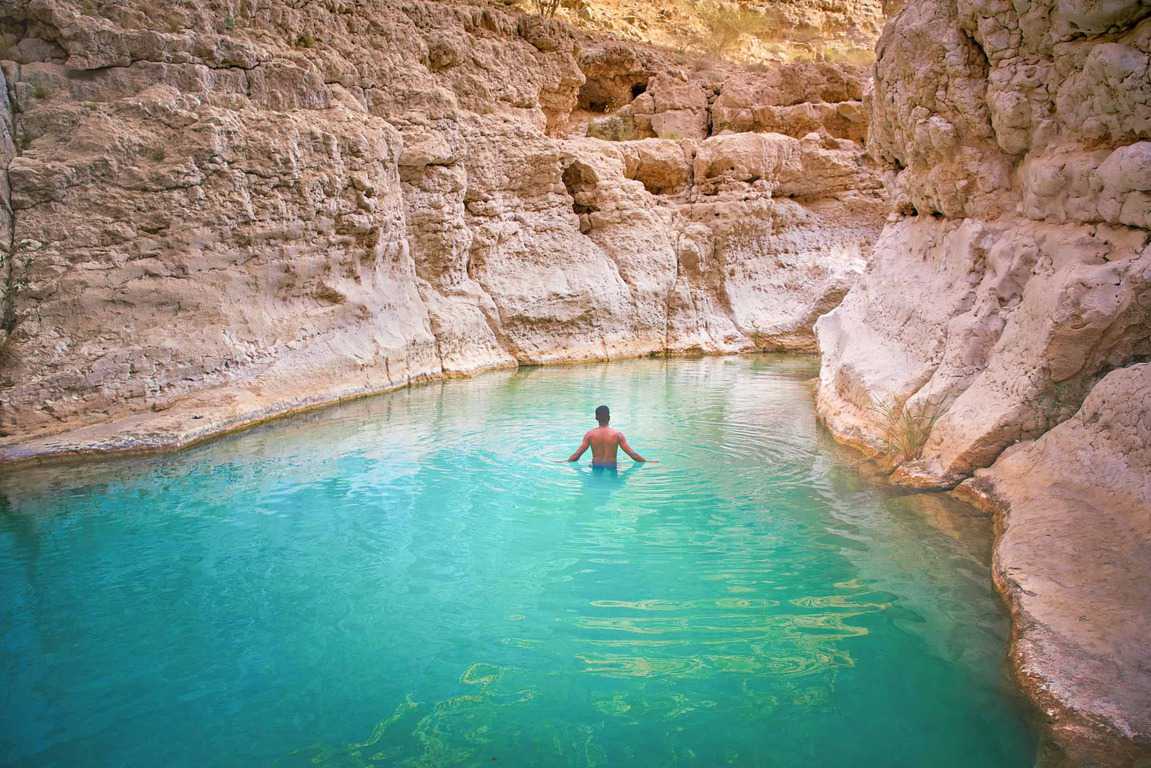
Weather Overview
Oman’s climate is generally hot and arid, with significant variations between the interior regions and the coast. The country experiences a desert climate, characterized by high temperatures during the day and cooler nights.
Seasons in Oman
- Winter (October to April)
- Weather: Mild and pleasant temperatures ranging from 17°C to 35°C (63°F to 95°F).
- Ideal For: Outdoor activities, sightseeing, and desert excursions.
- Highlights: Clear skies and comfortable weather make it the peak tourist season.
- Summer (May to September)
- Weather: Scorching temperatures, often exceeding 45°C (113°F).
- Ideal For: Indoor activities, exploring air-conditioned malls and museums.
- Considerations: Outdoor activities can be challenging due to the heat.
- Monsoon Season (Khareef) in Dhofar Region (June to September)
- Weather: Cooler temperatures with regular rainfall, especially in Salalah.
- Ideal For: Experiencing the unique monsoon climate, lush green landscapes, and waterfalls.
- Highlights: A stark contrast to the rest of the country during this period.
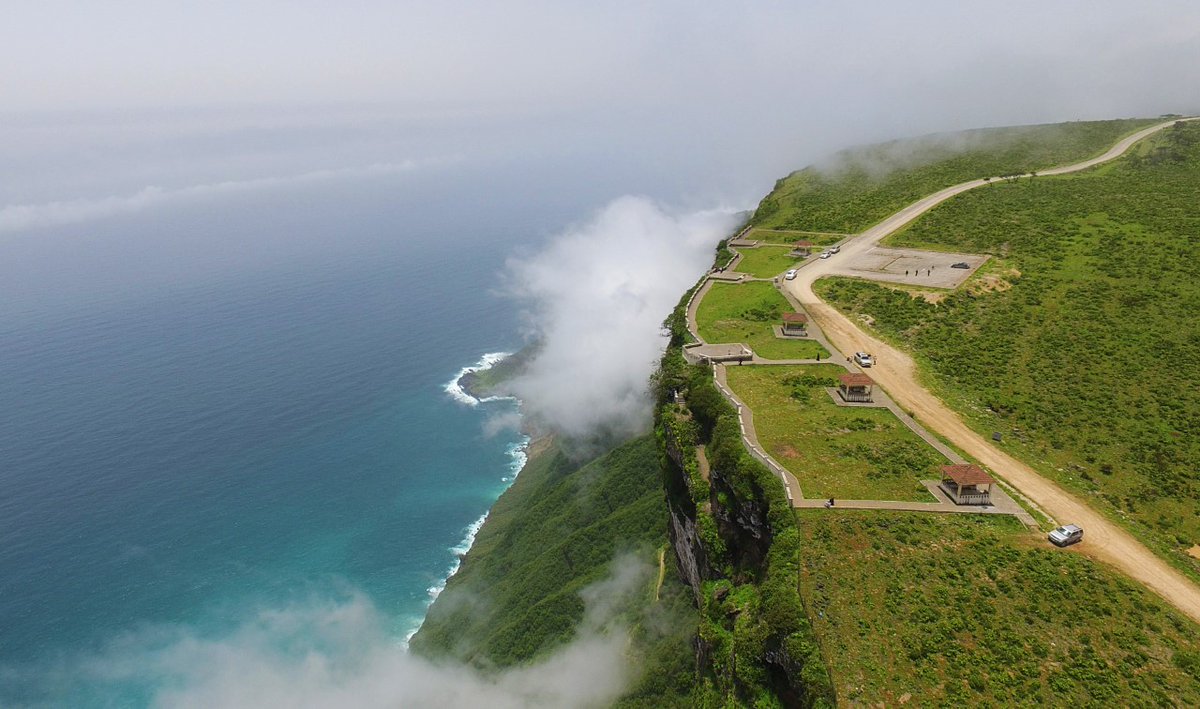
Best Time to Visit by Region
Muscat and Northern Oman
- Best Time: October to April
- Activities: Exploring historical sites, beaches, and markets.
- Weather: Pleasant temperatures suitable for sightseeing and outdoor activities.
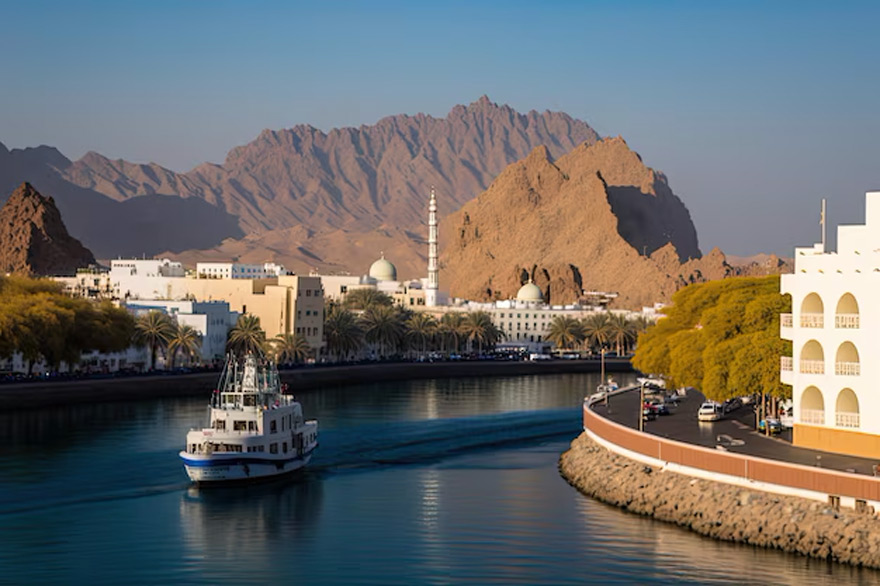
Dhofar Region (Salalah)
- Best Time: June to September (Khareef Season)
- Activities: Enjoy the monsoon climate, green landscapes, and cultural festivals.
- Weather: Cooler temperatures ranging from 23°C to 29°C (73°F to 84°F).
.jpg)
Desert Areas (Wahiba Sands)
- Best Time: October to March
- Activities: Dune bashing, camel treks, and camping.
- Weather: Cooler nights and warm days, ideal for desert excursions.
Mountains (Jebel Shams and Jebel Akhdar)
- Best Time: March to May and September to November
- Activities: Hiking, trekking, and exploring mountain villages.
- Weather: Mild temperatures; cooler than the lowlands.
.jpg)
Key Festivals and Events
1. Muscat Festival
- When: Typically held from late January to early February.
- Where: Various locations in Muscat.
- What: A cultural extravaganza featuring traditional music, dance performances, art exhibitions, and food stalls.
- Highlights:
- Heritage Village: Showcasing Omani crafts and customs.
- Fireworks: Spectacular displays during the festival nights.
- Family-Friendly Activities: Rides, games, and educational programs.
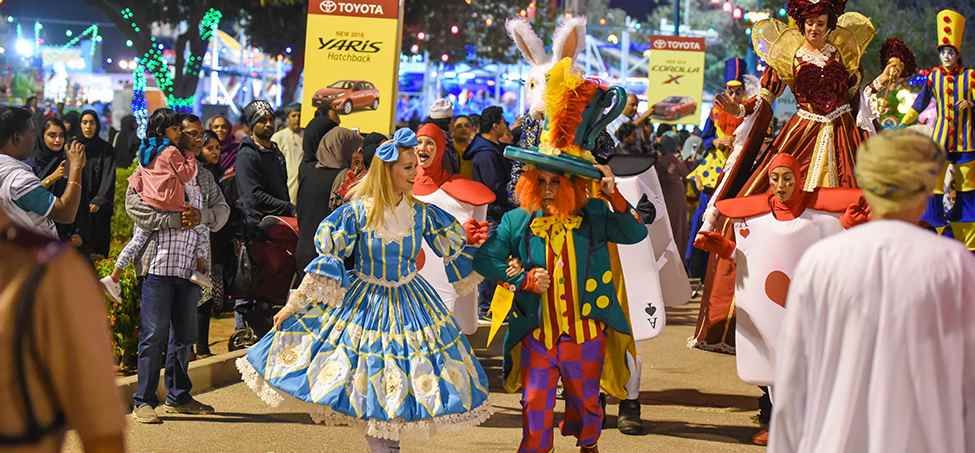
2. Salalah Tourism Festival
- When: Coincides with the Khareef season, from July to August.
- Where: Salalah, Dhofar Region.
- What: Celebrate the monsoon season with cultural events, concerts, and exhibitions.
- Highlights:
- Traditional Markets: Offering local products and handicrafts.
- Cultural Shows: Folk dances and music performances.
- Food Stalls: Showcasing regional cuisine.
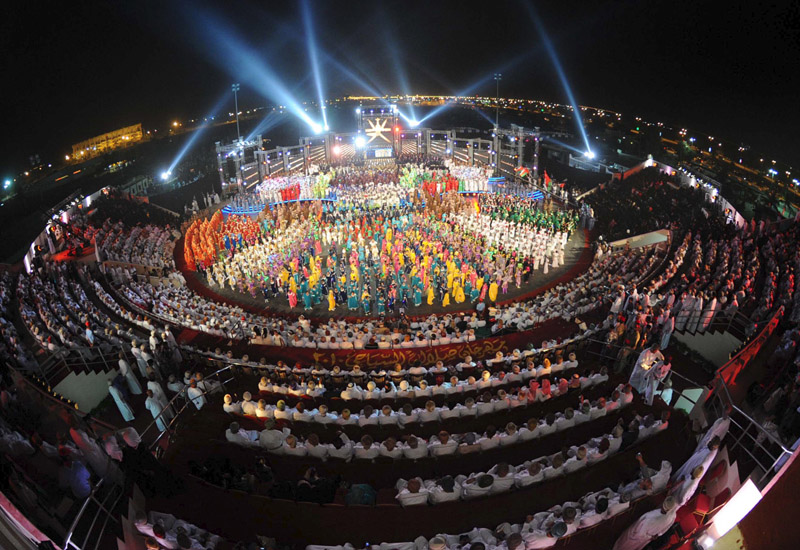
3. National Day Celebrations
- When: November 18th and 19th.
- Where: Nationwide.
- What: Commemorates Oman’s independence and the birthday of the late Sultan Qaboos bin Said.
- Highlights:
- Parades: Military and civilian displays.
- Decorations: Streets adorned with flags and lights.
- Fireworks: Celebrations culminate with fireworks in major cities.
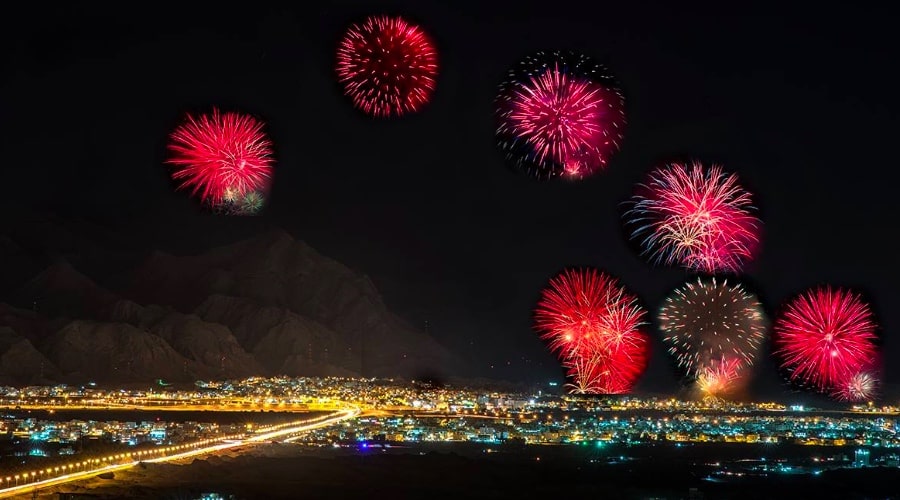
4. Eid Al Fitr
- When: Marks the end of Ramadan (dates vary each year based on the lunar calendar).
- Where: Nationwide.
- What: A religious festival celebrated with feasting and family gatherings.
- Highlights:
- Special Prayers: Conducted in mosques.
- Traditional Foods: Sharing meals with family and friends.
- Charity: Acts of giving to the less fortunate.
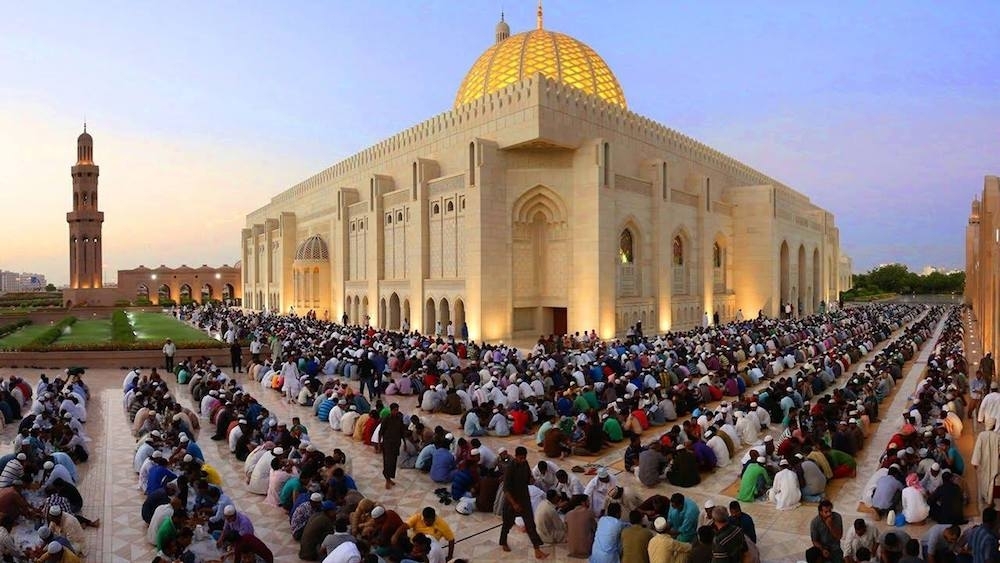
5. Eid Al Adha
- When: Approximately 70 days after Eid Al Fitr.
- Where: Nationwide.
- What: Known as the “Festival of Sacrifice,” commemorating the willingness of Ibrahim (Abraham) to sacrifice his son.
- Highlights:
- Animal Sacrifice: Meat is distributed among family, friends, and the needy.
- Family Gatherings: Celebrations and shared meals.
- Public Holidays: Government offices and many businesses close.
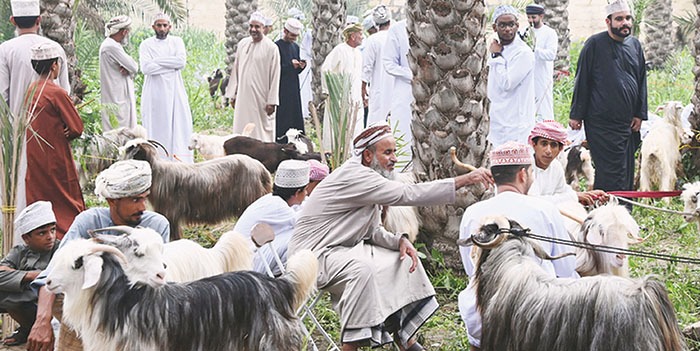
6. Muscat International Film Festival
- When: Dates vary; usually held biennially.
- Where: Muscat.
- What: Showcases regional and international films.
- Highlights:
- Screenings: Feature films, documentaries, and shorts.
- Workshops: Filmmaking and scriptwriting sessions.
- Awards: Recognizing excellence in cinema.
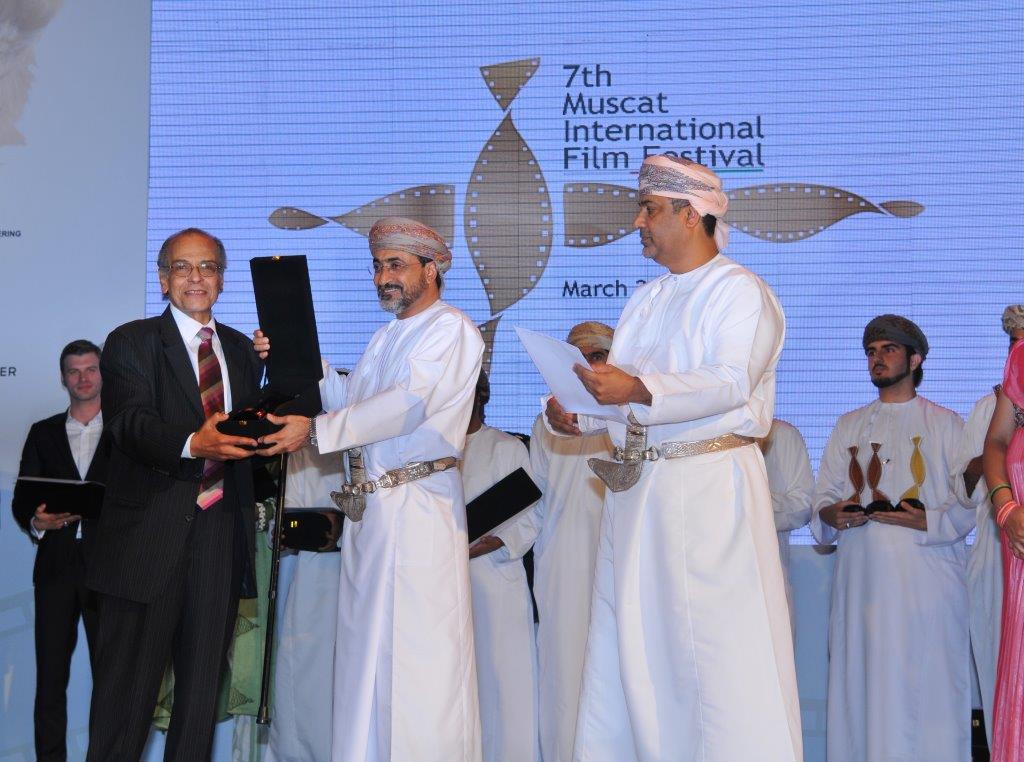
Planning Your Visit
Peak Tourist Season (October to April)
- Advantages:
- Ideal weather for outdoor activities.
- Festivals and events enhance cultural experiences.
- Considerations:
- Higher accommodation rates.
- Popular sites may be more crowded.
Off-Peak Season (May to September)
- Advantages:
- Lower accommodation rates.
- Fewer tourists at popular attractions.
- Considerations:
- Extreme heat limits outdoor activities.
- Some tours and excursions may not operate.
Travel Tips
- Advance Bookings: Recommended during peak seasons and festivals.
- Cultural Sensitivity: Be aware of religious holidays like Ramadan, when dining options may be limited during daylight hours.
- Dress Code: Modest attire is appreciated, especially during religious events.
- Hydration: Regardless of the season, stay hydrated and use sun protection.
Weather Summary by Month
Month | Average High (°C) | Average Low (°C) | Notes |
January | 24 | 17 | Pleasant weather; peak tourist season. |
February | 25 | 18 | Ideal for sightseeing and outdoor activities. |
March | 29 | 21 | Start of warmer temperatures; rose blooming in Jebel Akhdar. |
April | 34 | 25 | Warm; suitable for mountain visits. |
May | 39 | 30 | Hot; beginning of off-peak season. |
June | 42 | 32 | Very hot; Khareef season starts in Dhofar. |
July | 43 | 33 | Hottest month; visit Salalah for monsoon. |
August | 36 | 29 | Hot; continued Khareef season in Dhofar. |
September | 35 | 27 | Temperatures begin to decrease. |
October | 32 | 24 | Pleasant weather returns; festivals begin. |
November | 28 | 21 | Ideal for travel; and National Day celebrations. |
December | 25 | 18 | Cool and comfortable; peak season. |
Conclusion
Choosing the best time to visit Oman depends on your interests and the experiences you seek. For most travelers, the period between October and April offers the most comfortable weather for exploring the country’s natural and cultural attractions. However, if you’re intrigued by the unique monsoon season in the Dhofar region or wish to partake in specific festivals, planning accordingly will ensure a fulfilling trip. Regardless of when you visit, Oman’s warm hospitality and diverse landscapes promise an unforgettable adventure.
We hope this guide helps you plan the perfect time for your visit to Oman. Safe travels and enjoy your journey!
